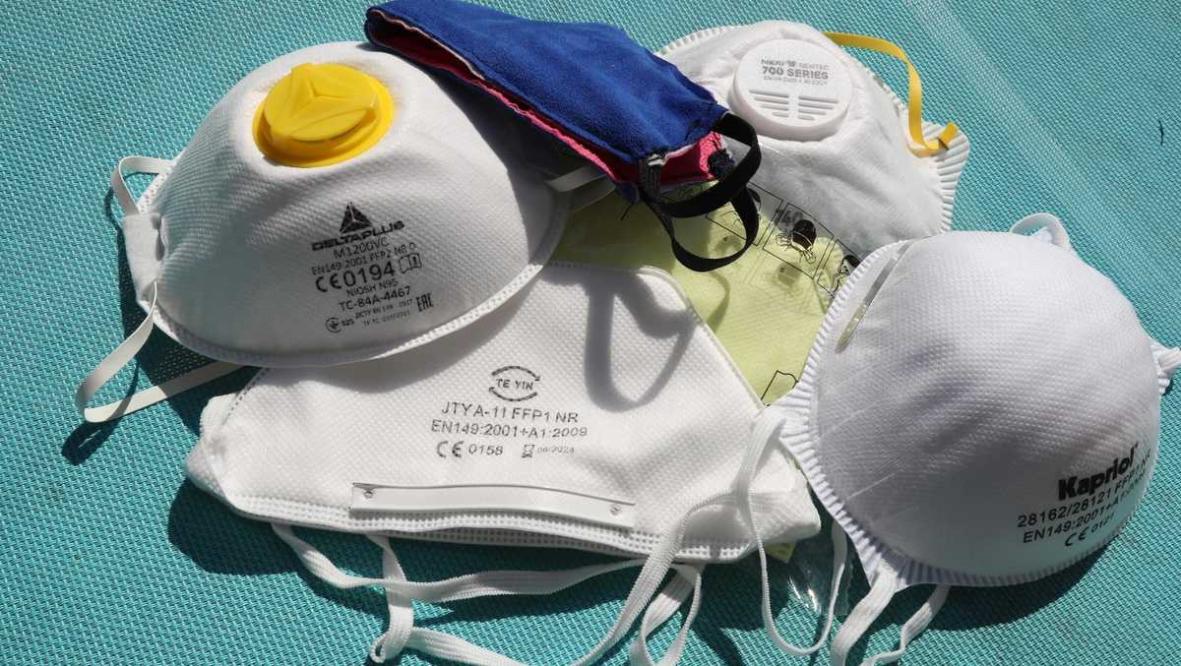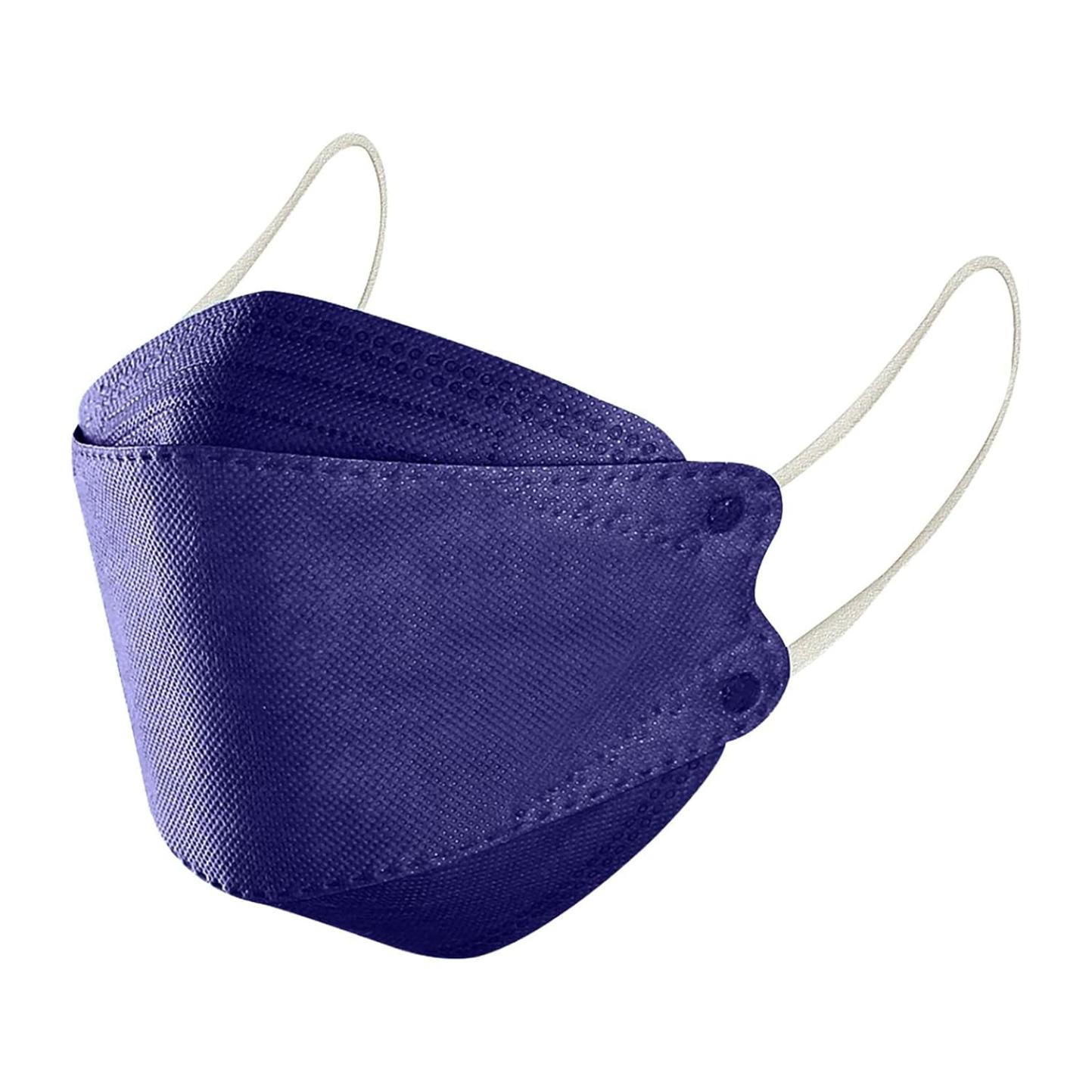What Are the Challenges of Wearing a Face Mask?
In the wake of the COVID-19 pandemic, face masks have become an indispensable tool in combating the spread of respiratory illnesses. While their effectiveness in reducing transmission is well-established, wearing face masks for extended periods can pose significant challenges and difficulties for individuals.

I. Physical Discomfort
Prolonged mask-wearing can lead to a range of physical discomforts, including:
- Ear pain and irritation: The elastic bands of face masks can exert pressure on the ears, causing pain and irritation, especially after prolonged use.
- Facial pressure and tightness: Wearing a face mask can create a feeling of pressure and tightness on the face, leading to headaches and even migraines in some individuals.
- Skin irritation and breakouts: The friction and moisture buildup under the mask can irritate the skin, causing breakouts and other skin problems.
- Difficulty breathing: Individuals with respiratory conditions may experience difficulty breathing while wearing a face mask, especially if the mask is not properly fitted or if it restricts airflow.
II. Communication Barriers
Face masks can hinder communication, particularly for individuals who rely on lip-reading or facial expressions to understand speech.
- Lip-reading: Face masks conceal the mouth, making it difficult for individuals who rely on lip-reading to understand speech.
- Facial expressions: Face masks obscure facial expressions, making it challenging to convey emotions and intentions during communication.
- Hearing impairments: Individuals with hearing impairments who rely on visual cues for communication may face difficulties when others are wearing face masks.
- Customer service and hospitality: Clear communication is crucial in customer service and hospitality industries. Face masks can make it difficult for employees to communicate effectively with customers.
III. Emotional And Psychological Impact
Wearing face masks can have emotional and psychological consequences, including:
- Isolation and detachment: The inability to see facial expressions can lead to feelings of isolation and detachment, especially during social interactions.
- Anxiety and stress: The constant reminder of the pandemic and the need to wear a mask can contribute to increased anxiety and stress levels.
- Difficulty expressing emotions: Face masks can make it difficult to express emotions and connect with others, leading to feelings of frustration and loneliness.
IV. Practical Challenges
Wearing face masks also presents practical difficulties, such as:
- Inconvenience: Constantly wearing a mask in public spaces can be inconvenient and uncomfortable, especially for individuals who are not accustomed to wearing face coverings.
- Everyday tasks: Eating, drinking, and exercising can be challenging with a mask on, requiring frequent removal and replacement.
- Glasses and face coverings: Individuals who wear glasses may experience fogging of their lenses due to the warm breath trapped under the mask. Additionally, individuals who wear face coverings for religious or cultural reasons may face challenges in finding masks that accommodate their needs.
V. Conclusion

Wearing face masks is a necessary measure to combat the spread of respiratory illnesses like COVID-19. However, it is essential to acknowledge the challenges and difficulties individuals face when wearing face masks for extended periods. Empathy and understanding are crucial in supporting those who struggle with mask-wearing. Ongoing research and innovation are needed to develop more comfortable and effective face mask designs that address the challenges outlined in this article.
YesNo

Leave a Reply